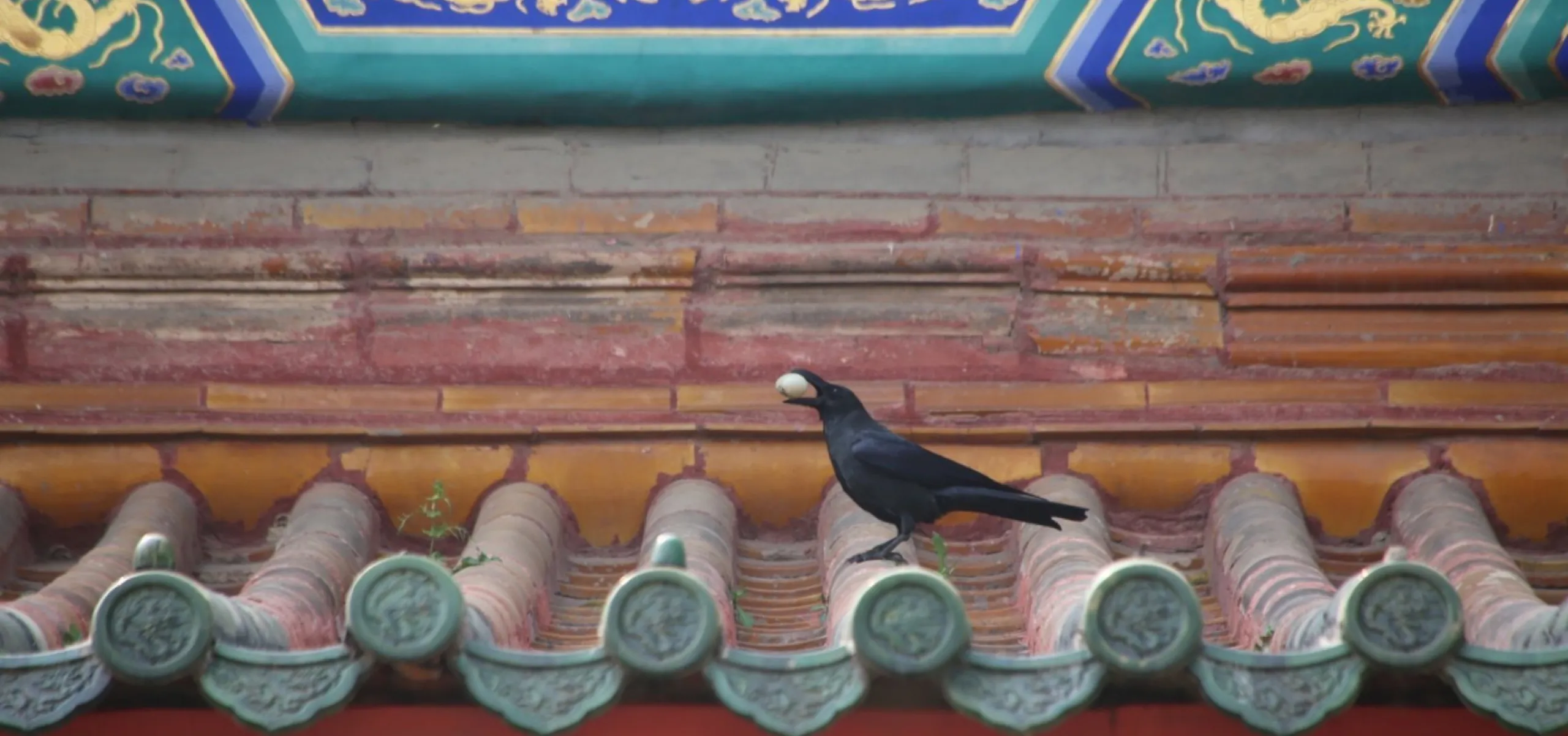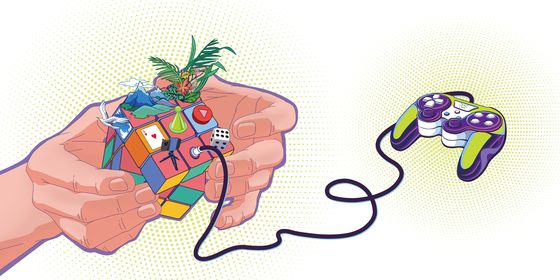English and Chinese sayings that are almost exactly equivalent
Chinese is well-known for being rich in idioms—to date, the Xinhua Dictionary boasts 520,000 chengyu (成语), ranging from three to 16 characters, in its collection. The English language is no slouch either, with The American Heritage Dictionary of Idioms listing 10,000 words and phrases in its latest edition.
Many of these idioms exist in both English and Chinese, as Chinese intellectuals in the early modern period imported a number of expressions from abroad in their works: Phrases like “血浓于水 (xuè nóng yú shuǐ, blood is thicker than water)” and “趁热打铁 (chènrè dǎtiě, strike while the iron is hot)” all appeared in Chinese in the early 20th century. Interestingly, though, a number of these equivalent idioms seem to have evolved independently with apparently no influence in either direction, and the following list explores the Chinese origin of several of these parallel phrases.
We have excluded expressions like “入乡随俗 (rùxiāng suísú, following the customs of the village one is in),” which is often compared to the English “When in Rome, do as the Romans do,” because the two are not alike enough in terms of the sentence structure or the metaphors they use; as well as sayings that may have shared a common origin in both English and Chinese, such as “种瓜得瓜 (zhòngguā déguā, sow a melon and reap a melon; reap what you sow),” which comes from Buddhism. Instead, we only feature expressions such as “一箭双雕 (yíjiàn shuāngdiāo, shoot two rooks with one arrow)” that display a high degree of similarity in both language and imagery, with no known evidence of being a translation from one language to another.
何不食肉糜 Hé bù shí ròumí
Why don’t they eat meat stew?
The Chinese version of the alleged Marie Antoinette quote “Let them eat cake” is attributed to Emperor Hui of the Western Jin dynasty (265 – 317) , who is remembered in history as a fool and a wastrel whose reign led to the decline of the dynasty. According to the Book of Jin (《晋书》), a historical record composed in the much-later Tang dynasty (618 – 907), there was a famine one year during Emperor Hui’s rule, forcing peasants to eat grass roots and tree bark. Many died nonetheless, but when he heard the news, the foolish emperor asked, “If they have no grain to eat, why can’t they eat meat porridge?” It is now an idiom used to mock someone who is overly privileged and out of touch with reality.
一箭双雕 yíjiàn shuāngdiāo
To shoot two rooks with one arrow
This expression, almost the exact equivalent of “Kill two birds with one stone” in English, first appeared in the History of the Northern Dynasties (《北史》), also written during the Tang dynasty. The book tells the story of military general Zhangsun Sheng (长孙晟), who saw two large birds of prey fighting over a piece of meat in the sky. He fired an arrow and shot them both. The English expression came from the writings of Thomas Hobbes in 1656 according to The American Heritage Dictionary. Compared to similar expressions like “一举两得 (yìjǔ liǎngdé, achieve two results with one method)” or “一石二鸟 (yìshí èrniǎo),” a direct equivalent of the English idiom, 一箭双雕 puts slightly more emphasis on the skill of a person who is able to achieve two ends in one action, rather than just their cleverness or favorable circumstances.
说曹操,曹操就到 Shuō Cáo Cāo, Cáo Cāo jiù dào
Speak of Cao Cao and he arrives
The Chinese equivalent of “Speak of the devil and he appears” involves Cao Cao (曹操), the warlord of the Three Kingdoms era (220 – 280) known for his cunning and his vast network of spies. The idiom was inspired by an incident from the novel Romance of the Three Kingdoms (《三国演义》) when the Emperor Xian of the Han dynasty (206 BCE – 220 CE) was escaping from generals Li Jue (李傕) and Guo Si (郭汜). Just as someone in the emperor’s retinue suggested appealing to Cao Cao for help, Cao Cao comes to the rescue.
爱屋及乌 àiwū jíwū
Love the crows on a person’s roof
Equivalent to “Love me, love my dog,” this Chinese idiom for unconditional love seems to have come from a phrase in A Commentary on the Classic of History (《尚书大传》), a work of unknown authorship possibly dating from the Western Han dynasty (206 BCE – 25 CE), which states, “Love a person and the crows on their roof (爱人者,兼其屋上之乌).”
画蛇添足 huàshé tiānzú
To draw feet on a snake
The English expression “to gild the lily” comes from a quotation in Shakespeare’s Prince John (which actually goes “To gild refined gold, to paint the lily”), and the Chinese version first appeared in Strategies of the Warring States (《战国策》), a collection of historical writings by unknown authors compiled by chancellor Liu Xiang (刘向) in the Western Han dynasty. As the story goes, a family in the Chu Kingdom held a banquet and offered one extra vat of wine to the guest who can draw a snake the fastest. One man finished drawing long before everyone else, and, wanting to show off his skills, added feet to his drawing. Since snakes do not have feet, judges disqualified the man from the competition.
脚踏两只船 Jiǎo tà liǎng zhī chuán
A foot on each boat
Like “a foot in each camp” in English, this Chinese idiom refers to divided loyalties. It seems to have come from A Book to Keep (Hidden) (《藏书》), a book by Ming dynasty (1368 – 1644) scholar Li Zhi (李贽) that criticizes Confucian thought. Li disparaged the tendency of Neo-Confucian scholars of the Song dynasty (960 – 1279) to mythologize the ideas of early philosophers like Mencius and Confucius into unchanging laws, while also playing up their own importance as the only people qualified to interpret and update these laws. In one passage, he describes Neo-Confucians as “wanting to ride two horses at the same time, or to step onto two boats at once.” The Chinese idiom does not necessarily refer to a calculated act of betrayal, but more often describes someone who is unable to make up their minds or is hedging their bets on multiple sides.












